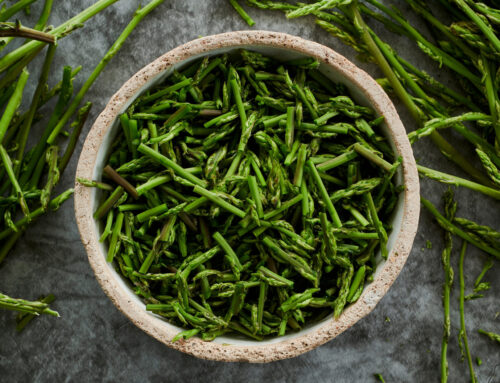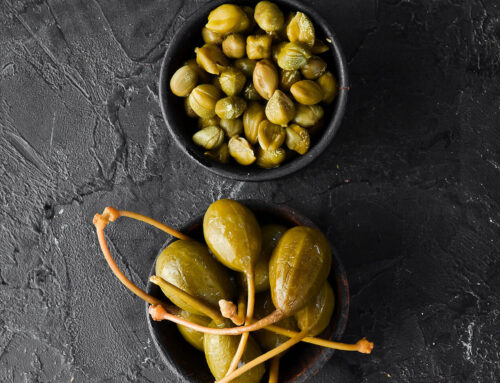Greek Honey: A Sweet and Healthful Superfood
Honey has held a special place in Greek cuisine and culture since ancient times, revered for its natural sweetness and myriad health benefits. Greece is home to a diverse array of honey varieties, each with distinct flavors and properties derived from the local flora.
Varieties of Greek Honey
Greece boasts a rich biodiversity, which contributes to the production of numerous honey varieties, each reflecting the unique characteristics of the local flora. Some of the most popular Greek honey types include:
a. Thyme Honey: This fragrant, amber-colored honey is derived from the nectar of wild thyme flowers and is known for its intense aroma and bold flavor.
b. Pine Honey: Harvested from the honeydew of pine trees, this dark, less sweet honey is rich in minerals and boasts a robust, earthy taste.
c. Orange Blossom Honey: This light, aromatic honey is produced from the nectar of orange blossoms, imparting a delicate citrus flavor.
d. Heather Honey: Sourced from the nectar of heather flowers, this dark, thick honey has a strong, slightly bitter taste and is highly prized for its health benefits.
Nutritional Profile
Honey is a natural sweetener, containing a mixture of fructose and glucose, as well as trace amounts of vitamins, minerals, and antioxidants. Greek honey is particularly rich in antioxidants, such as flavonoids and phenolic acids, which can help protect the body from oxidative stress and inflammation.
Health Benefits
The consumption of honey, especially antioxidant-rich Greek honey, has been linked to several health benefits, including:
Antioxidant Properties
The antioxidants in Greek honey can help protect cells from damage caused by free radicals and reduce the risk of chronic diseases, such as heart disease and cancer.
Wound Healing
Honey has natural antibacterial and anti-inflammatory properties, which can support wound healing when applied topically.
Soothing Coughs and Sore Throats
Honey is a natural remedy for soothing coughs and sore throats, helping to relieve irritation and suppress coughing.
Gut Health
Honey contains prebiotics, which can support a healthy gut microbiome by promoting the growth of beneficial bacteria.
Culinary Uses
Honey is a versatile ingredient in Greek cuisine, used to sweeten both sweet and savory dishes. It is commonly drizzled over Greek yogurt, paired with nuts and fruits, or used as a glaze for roasted meats. Honey also features prominently in Greek desserts, such as baklava and loukoumades, where it adds a rich, natural sweetness.
Choosing and Storing Honey
When selecting honey, opt for raw, unprocessed varieties to ensure the preservation of its natural nutrients and antioxidants. Greek honey, in particular, offers a high antioxidant content and unique flavor profiles. Store honey in a cool, dark place, away from heat and sunlight, to maintain its quality and prevent crystallization.
Sustainable Beekeeping Practices
Greek honey is often produced using sustainable and traditional beekeeping practices, which support local biodiversity and maintain the health of bee populations. By choosing honey from ethical and sustainable sources, you can contribute to the preservation of these essential pollinators and the natural ecosystems they inhabit.
Supporting Local Producers
When purchasing Greek honey, consider supporting local, small-scale beekeepers who employ traditional and sustainable practices. This not only helps preserve the cultural heritage and unique flavors of Greek honey, but also contributes to the livelihoods of local communities and the conservation of Greece’s rich biodiversity.
Greek honey is a versatile and healthful superfood, offering a unique combination of natural sweetness, nutritional benefits, and rich cultural heritage. By understanding its distinct properties and incorporating it into your diet, you can fully appreciate the role of honey in Greek cuisine. Culinary arts students, chefs, researchers, and food enthusiasts can all benefit from embracing this nutrient-rich sweetener in their cooking and dietary practices, adding a touch of Greek tradition and healthful nourishment to their meals. Additionally, supporting sustainable beekeeping practices and local producers ensures the continuation of this ancient culinary art form and its positive impact on Greece’s biodiversity and local communities.



